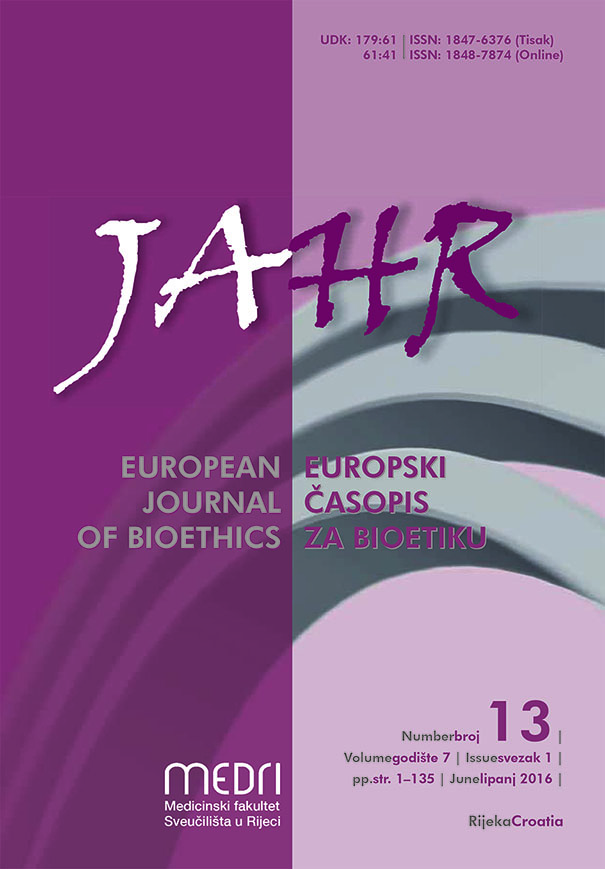K. MARX: PRIRODNA POVIJEST (EKOLOGIJA)
Keywords:
prirodna povijest, ekologija, evolucionizam, tehnologizam, transhumanizam, tehnologija, humanizamAbstract
The starting point of this article is Foster’s (2000) far‑reaching thesis that Marx’s syntagm „natural history“(which signifies the metabolic relationship of nature and human beings) is the basis of an ecology that is neither anti‑rationalist nor idealist. Contemporary theoretical and political views are interpreted in light of this thesis: 1) Marx advanced his conception of natural history as a positive feature of Darwin’s evolutionary theory around the same time that the theory was established in the sciences (geology, physics, anthropology and biology). From the outset, he sought to connect it to human labor. This is why he applied Darwin’s term „natural technology“ to the development of labor, i.e. of human technology. Thus ecology is in the interpretation of the relationship between nature and human beings presented as a metabolic relation. This gives human technology a mediating role. 2) This also explains the existence of many organizations that fall under the label ‘ecosocialism’. 3) A proper understanding of Marx’s view of technology and the rejection of technologism is needed. To provide one, several negative consequences of technology are explored in cyborgization, robotization, and several extreme philosophical positions that culminate in transhumanism.
Downloads
Published
Issue
Section
License
Authors who publish with this journal agree to the following terms:
- Authors retain copyright and grant the journal right of first publication with the work simultaneously licensed under a Creative Commons Attribution License that allows others to share the work with an acknowledgement of the work's authorship and initial publication in this journal.
- Authors are able to enter into separate, additional contractual arrangements for the non-exclusive distribution of the journal's published version of the work (e.g., post it to an institutional repository or publish it in a book), with an acknowledgement of its initial publication in this journal.
- Authors are permitted and encouraged to post their work online (e.g., in institutional repositories or on their website) prior to and during the submission process, as it can lead to productive exchanges, as well as earlier and greater citation of published work (See The Effect of Open Access).



